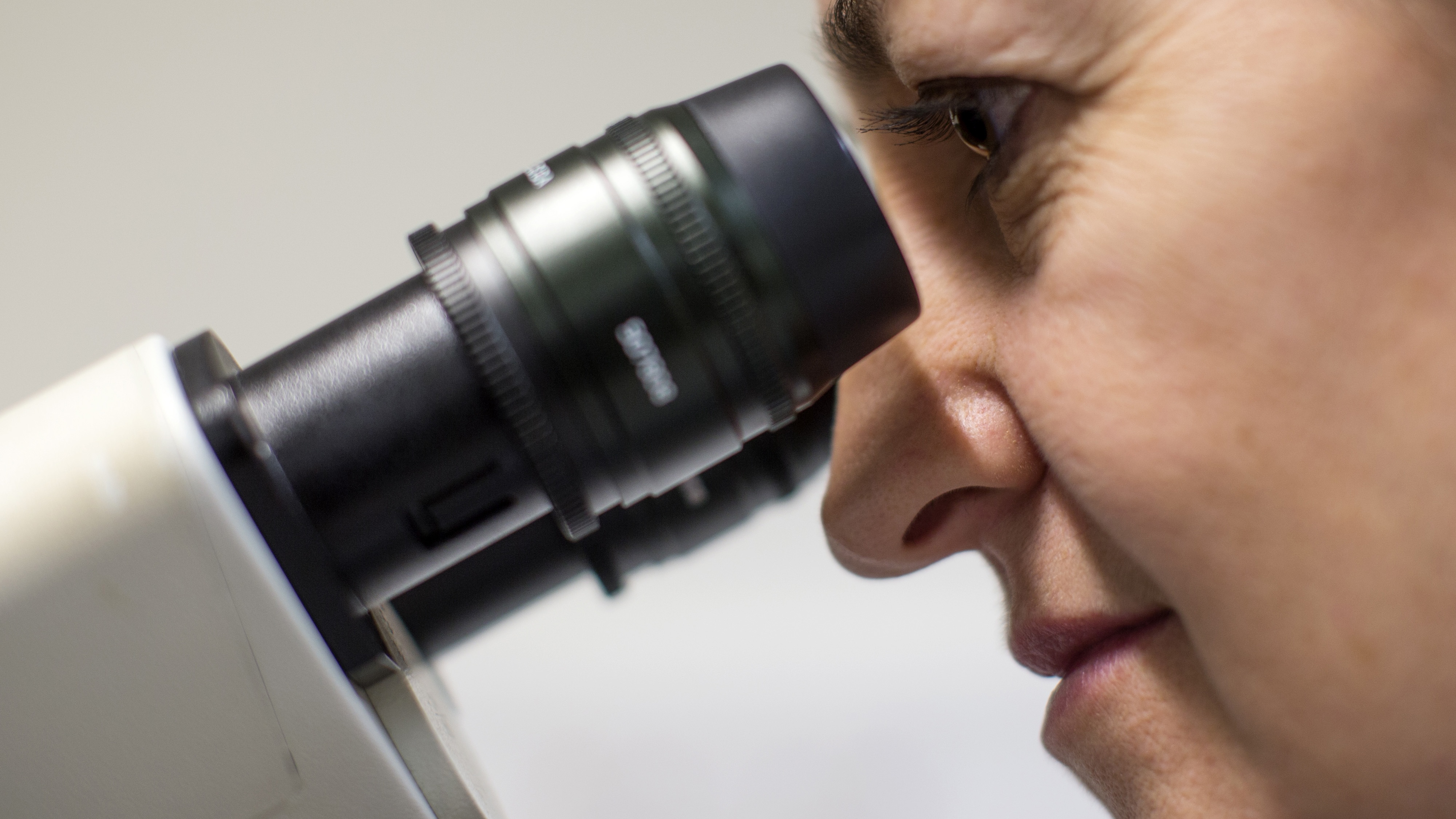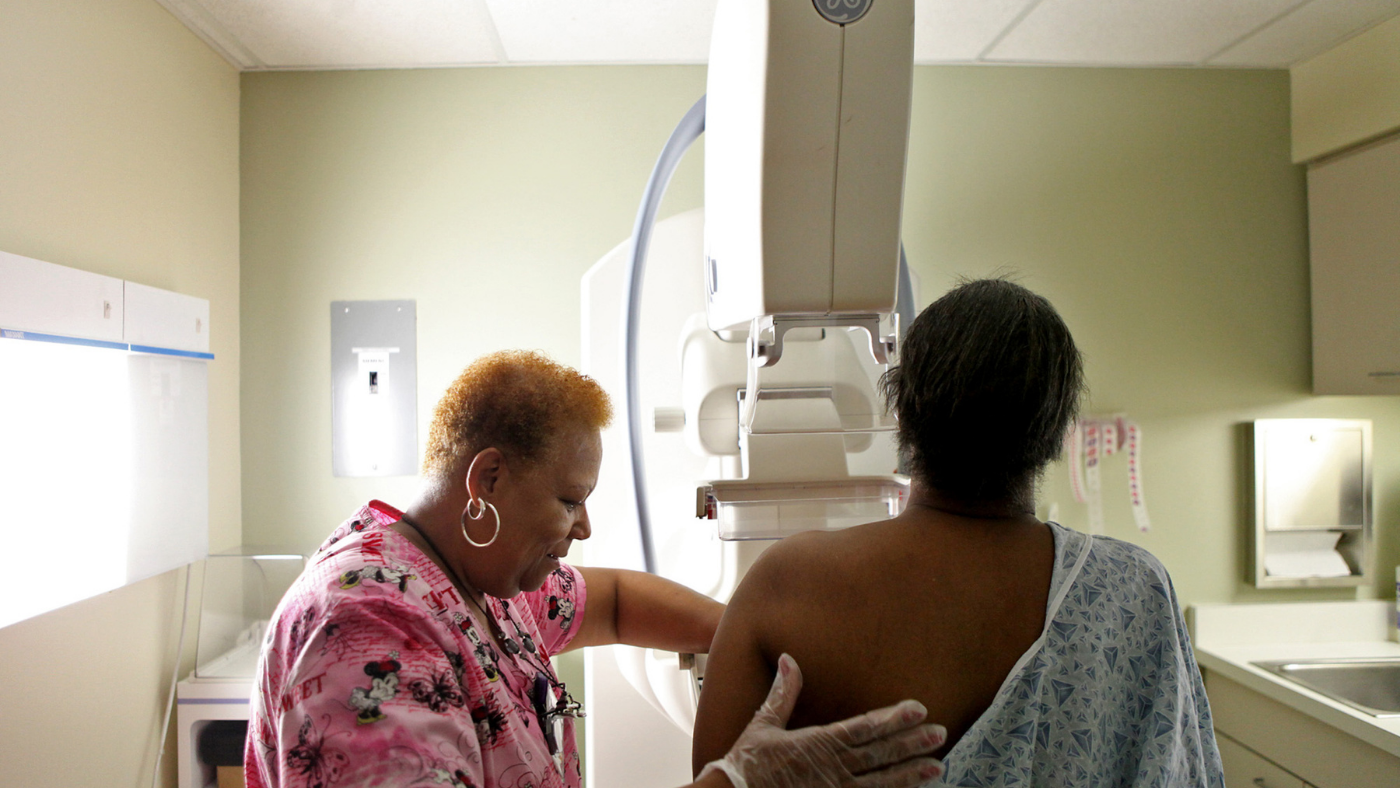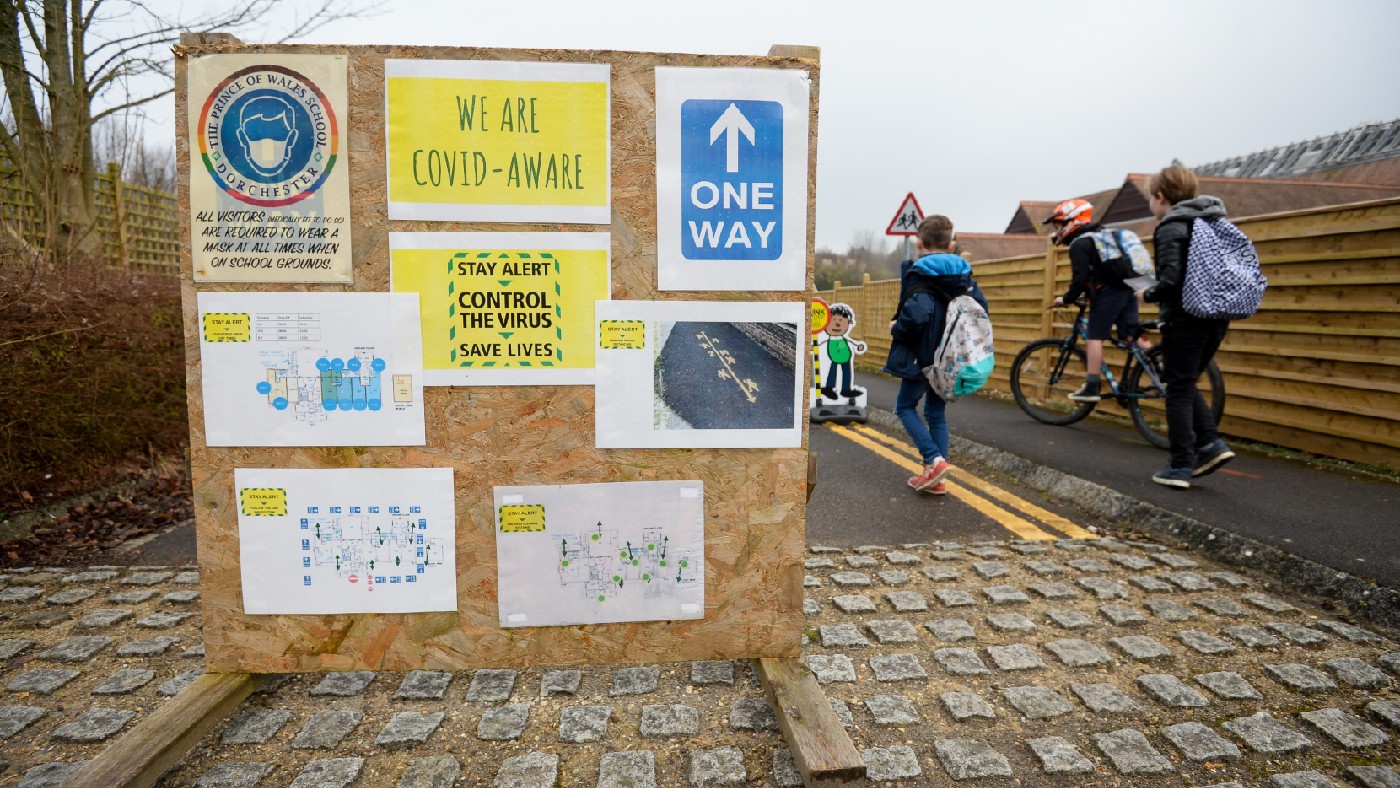How routine DNA testing will help improve NHS treatment
New era of genomic health to offer patients more individualised treatment

A free daily email with the biggest news stories of the day – and the best features from TheWeek.com
You are now subscribed
Your newsletter sign-up was successful
The NHS is set to become the first health service in the world to routinely offer DNA tests, marking a big step towards more efficient treatment tailored to individuals.
From 1 October, “hospitals across England will be connected to specialist centres that read, analyse and interpret patient DNA to help diagnose rare diseases, match patients to the most effective treatments, and reduce adverse drug reactions”, reports The Guardian.
Under the new service, people with cancer will routinely have tumour DNA screened for key mutations in order to help doctors work out which drugs to give the patient and whether they might benefit from taking part in clinical trials of experimental therapies.
The Week
Escape your echo chamber. Get the facts behind the news, plus analysis from multiple perspectives.

Sign up for The Week's Free Newsletters
From our morning news briefing to a weekly Good News Newsletter, get the best of The Week delivered directly to your inbox.
From our morning news briefing to a weekly Good News Newsletter, get the best of The Week delivered directly to your inbox.
“Beyond its aim to bring patients the most effective treatments faster, the service is expected to generate a wealth of data on the interplay between DNA, health and lifestyles, which will become a powerful tool for research into cancer and other diseases,” says the newspaper.
Mark Caulfield, chief scientist at Genomic England and professor of cardiovascular genetics at the William Harvey Research Institute in London, said: “We are ushering in a new era of genomic health. This is a big step and it grows over the new two years. It’s a total transformation.”
Genomics England, a company formed by the Department of Health in 2013, has already set up seven genomic hubs across the country to deliver DNA tests on cancer, rare diseases and other conditions. The service will be offered in England initially, but could potentially be rolled out across the UK.
Further DNA tests under development could help identify patients who may have bad reactions to certain drugs, and to reveal the risk of severe early onset diseases such as Parkinson’s, multiple sclerosis and dementia.
A free daily email with the biggest news stories of the day – and the best features from TheWeek.com
“Research is ongoing into genetic tests that can be combined with other medical information to highlight patients most at risk of diseases such as breast cancer, diabetes and hypertension,” The Guardian adds.
-
 Labor secretary’s husband barred amid assault probe
Labor secretary’s husband barred amid assault probeSpeed Read Shawn DeRemer, the husband of Labor Secretary Lori Chavez-DeRemer, has been accused of sexual assault
-
 Trump touts pledges at 1st Board of Peace meeting
Trump touts pledges at 1st Board of Peace meetingSpeed Read At the inaugural meeting, the president announced nine countries have agreed to pledge a combined $7 billion for a Gaza relief package
-
 Britain’s ex-Prince Andrew arrested over Epstein ties
Britain’s ex-Prince Andrew arrested over Epstein tiesSpeed Read The younger brother of King Charles III has not yet been charged
-
 What to say to someone who has cancer
What to say to someone who has cancerThe Explainer Saying something is better than nothing but there are some things to avoid too
-
 Anastrozole: the daily breast cancer pill tipped to save thousands of lives
Anastrozole: the daily breast cancer pill tipped to save thousands of livesThe Explainer Existing treatment approved for preventative use under 'pioneering' NHS drug repurposing scheme
-
 Five good-news cancer breakthroughs in 2023
Five good-news cancer breakthroughs in 2023In Depth Cancer-sniffing ants, ‘Bond villain’ DNA, and vaccine trials are just a few exciting developments in cancer research this year
-
 Neanderthal gene ‘caused up to a million Covid deaths’
Neanderthal gene ‘caused up to a million Covid deaths’Speed Read Genetic tweak found in one in six Britons means cells in the lungs are slower to launch defences
-
 Deborah James: tireless cancer campaigner dies aged 40
Deborah James: tireless cancer campaigner dies aged 40In the Spotlight The bowel cancer campaigner raised millions for cancer research charities
-
 The UK’s ‘emergency’ cancer battle
The UK’s ‘emergency’ cancer battlefeature Study finds Britain is ‘among worst in the world’ at detecting disease early
-
 Legalising assisted dying: a complex, fraught and ‘necessary’ debate
Legalising assisted dying: a complex, fraught and ‘necessary’ debateSpeed Read The Assisted Dying Bill – which would allow doctors to assist in the deaths of terminally ill patients – has relevance for ‘millions’
-
 Vaccinating children: it’s decision time for the health secretary as kids return to school
Vaccinating children: it’s decision time for the health secretary as kids return to schoolSpeed Read Sajid Javid readying NHS England to roll out jab for children over 12, amid fears infections will rocket